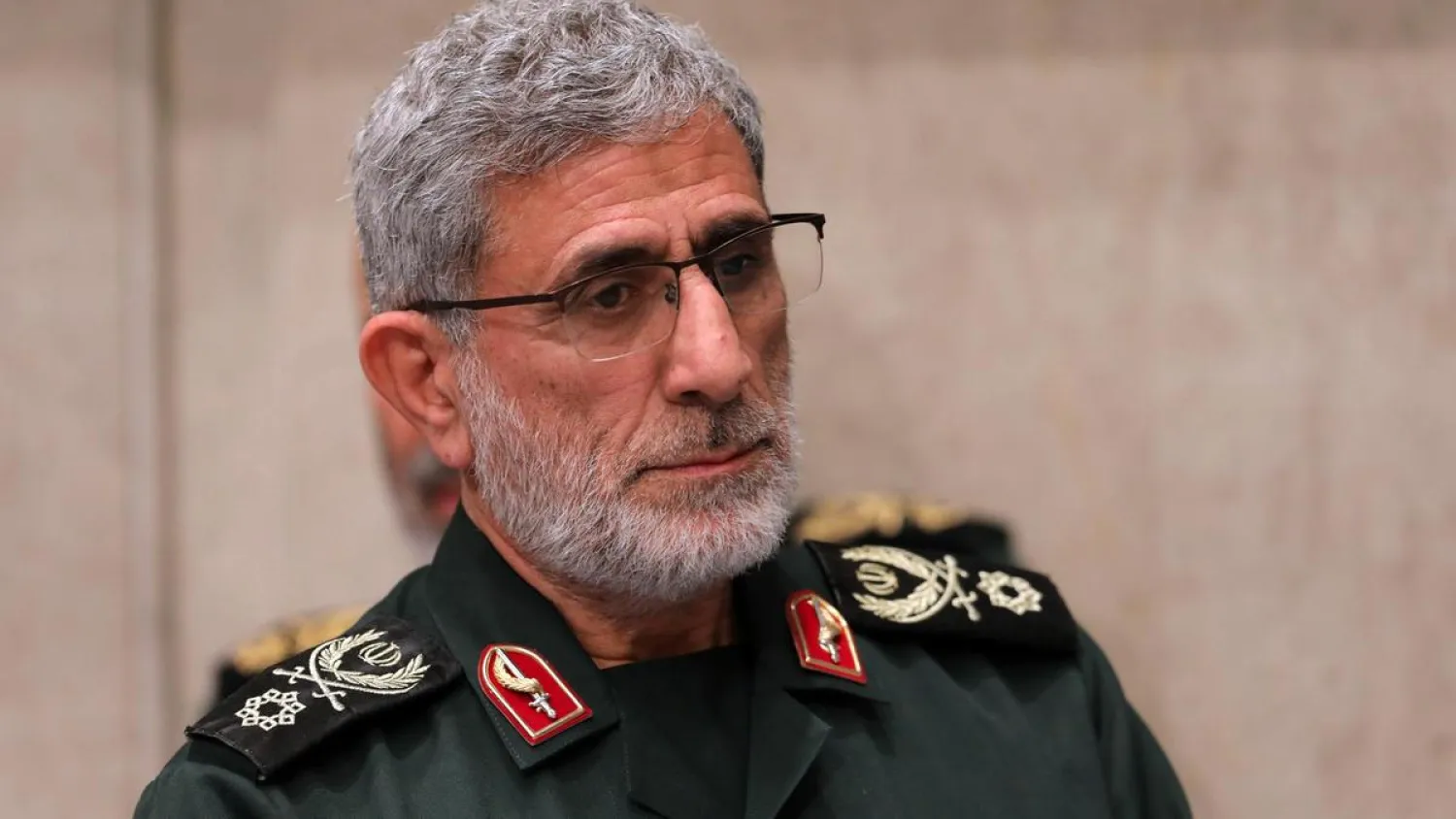Iran’s Revolutionary Guards Corps (IRGC) officially introduced on Monday Esmail Qaani as the new commander of its Quds Force, succeeding Qassem Soleimani, who was killed in a US airstrike in Baghdad earlier this month.
The IRGC also announced the appointment of Brig. Gen. Mohammad Hossein-Zadeh Hejazi as the new Quds Force deputy commander. The Quds Force is the Guards’ foreign arm.
Hejazi, 63, is one of the most prominent IRGC leaders. He headed its Basij forces for over 10 years and was the IRGC deputy commander in 2008. He was also the commander of the IRGC’s Tharallah unit in Tehran in 2009, which oversaw the suppression of protests in the city that followed the country’s controversial presidential elections that year.
IRGC chief Hossein Salami said his forces “are going through the most bitter and sad part of a farewell ceremony,” noting that they have “lost a great leader” in Soleimani.
He described him as “an unforgettable and unrepeatable legendary commander,” Sepah news website reported.
The sudden attack targeting Soleimani took place some eight months after the United States designated the IRGC as a terrorist group. Shortly after, Salami was appointed to his post.
He claimed that 50 million people took part in Soleimani’s funeral, which passed through the cities of Ahvaz, Tehran, Mashhad, Qom and Kerman, his birthplace.
Commenting on Qaani’s appointment, Salami said he had been a companion to Soleimani for 25 years,
Qaani and Hejazi “will continue along Soleimani’s path,” he vowed.
Iranian Supreme Leader Ali Khamenei had appointed Qaani to replace Soleimani less than 24 hours after his killing, saying the “orders remain exactly the same” for the Quds Force.
Qaani has pledged to continue Soleimani’s policies and slammed the way he was assassinated.









